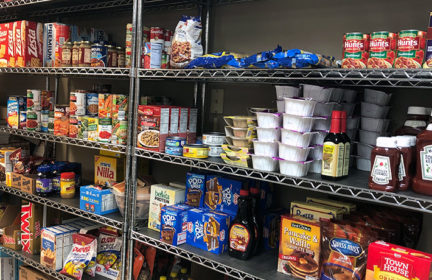How to tell when to toss cans that have rust on the outside
I scrolled down hoping to find this already, but have to start a new topic. I was going through my cans and found some that have some rust on the lid. These are cans I bought at the beginning of the pandemic. What I think happened was that, in 2020, I was very serious about wiping and washing each can, and somehow I left some moisture on the cans, which then started the rust. Or else, maybe baby wipes aren’t the ideal thing to wipe cans with. Baby wipes with added soap. I am disappointed, but I think I have to toss about a third of the cans that I bought at that time, unless someone has a better idea. I think the rust probably has not entered the cans, but as soon as I open them with the can opener, I introduce it, right? Live and learn from my mistake, and just leave the cans in the car for three weeks instead, if you are worried about bringing COVID into the house. (I think since then, we have learned more and no one is saying that we need to hose off all our groceries.) Things to consider: 1. I have never had rust before, so it must be the wiping. But, 2. I have not stored in this particular area before so it could be humid, although I don’t think so. 3. ? It’s not a third, it’s a fourth, but still.
-
Comments (9)
-
